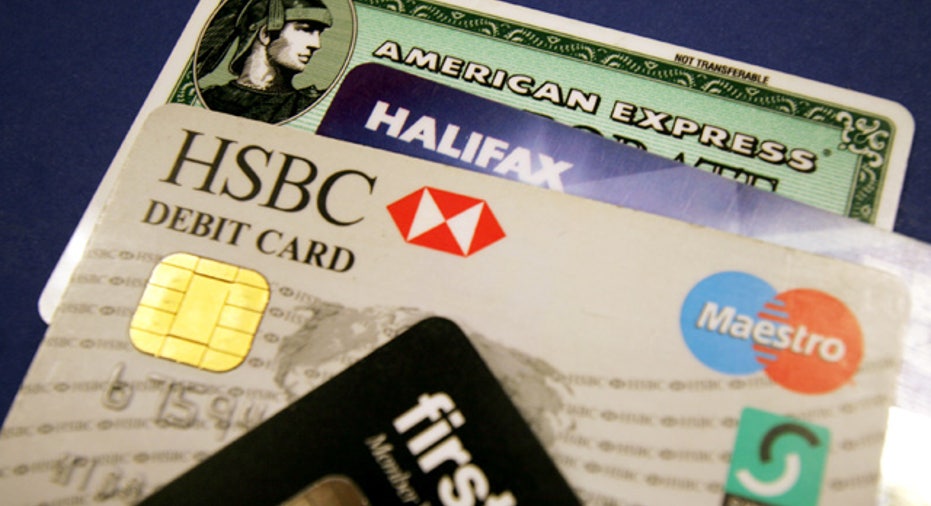Canceling a Card With a Balance Doesn't Have to Hurt

Dear Credit Score Report,
If I close a credit card after only paying 80% of the balance, how long will it affect my credit score?
-Yvette
Hey Yvette,
Closing a credit card that still has a balance remaining may not immediately impact your credit score, but if you don't behave responsibly afterward, you can cause damage that lingers for years.
When you close a credit card account, the impact on your credit score may not be felt right away, according to FICO. That's because the account's credit utilization ratio -- a comparison of its balance to credit limit -- will continue to be factored into the calculation of your FICO score as long as the card's balance remains. Once the balance reaches zero, FICO will no longer include that account's credit limit in the calculation of your total credit utilization. That can make your overall debt levels appear higher, which may lower your credit score.
There isn't any set length of time your FICO score will be affected, though. Instead, "the faster the balances contributing to high utilization are reduced, the more quickly the score can recover," says Barry Paperno, consumer operations manager for myFICO.com.
If you don't pay the balance off, however, things can get ugly. Closing that card without repaying the outstanding balance means the bank may eventually give up on collecting the debt. Don't think they'll forget about you, however. The bank will let the credit bureaus know you haven't paid, and the bureaus will add a notation to your credit reports that the account has been charged off.
Although it didn't provide any numbers, FICO says the damage will be severe. "Such a negative status can be expected to seriously hurt her score and remain on her credit report for seven years," says FICO's Paperno, referring to the length of time negative items typically remain on your reports. "This default could also result in the lender assigning the debt to a third-party collection agency, which could further depress her FICO score," Paperno says.
So which approach will you take? Although your email didn't make your plans entirely clear, if you're concerned about your credit score, repaying that debt will prevent your credit report from getting marked with a dreaded "charged off" notation. Meanwhile, in the short term, repaying that closed account can actually improve your FICO score. Paperno explains that as your balance declines with every passing month, "her credit utilization ratio for that account will be reduced along with the balance, which can help her score." (That's assuming, of course, that the bank doesn't decide to cut your credit limit as you trim your debt.)
As mentioned earlier, once that account is completely paid off, FICO will stop considering the card in your utilization ratio. That may cause your debt levels to look higher -- and your credit score to fall. Consider this example: If you've got four credit cards, with a combined credit limit of $400 among them, and total debt across those accounts is $200, then your total utilization ratio is 50% ($200 is half of $400). Then you close an account and pay it off, but keep your overall debt levels constant. When FICO stops including that card in its calculations, your total debt across the three accounts remains $200, but your credit limit shrinks to $300. That means that your utilization ratio has risen to more than 66% ($200 is 66% of $300) -- even though you kept your overall debt levels unchanged.
That's why reducing your debt levels now -- across all your accounts -- will help protect your FICO score when you close that card. Aim to get your debt levels down to zero and your utilization ratio won't change at all following an account closure. (High school math reminder: Zero divided by any number always equals zero.)
By slashing debt, it can keep your overall utilization ratio steady, "in which case her score will not have been impacted either at the time of closing or upon paying off the balance," Paperno says.
Good luck!
-Jeremy
More from CreditCards.com:



















